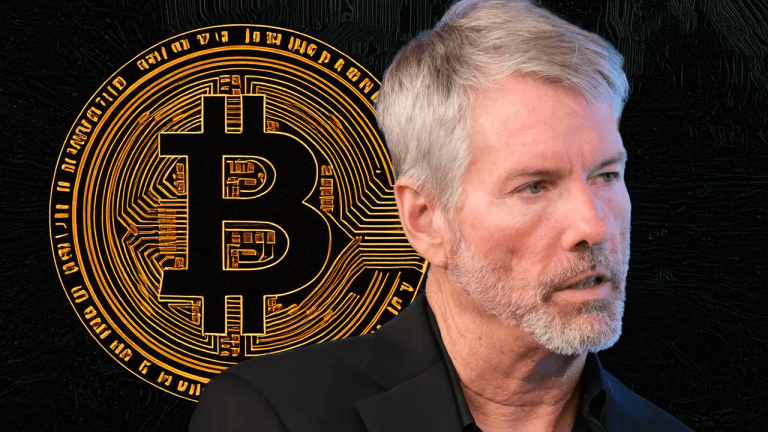
During a panel at the Australian Blockchain Week, executives from Australia’s major banks explained why they added restrictions on payments to local crypto exchanges.
Australia’s cryptocurrency industry banking woes will likely continue, with the government and major banks signaling no intention to back down against scams that “touch” crypto.
During a panel at the Australian Blockchain Week on June 26, Sophie Gilder, managing director of blockchain and digital assets at Commonwealth Bank (CBA) shed light on the bank's restrictions on crypto exchange payments, noting it was put in place after seeing an alarming rate of scams that ended up involving cryptocurrency.
“One in three of the dollars that are scammed from Australians touch crypto, one in three. So it’s the single largest lever that we have to reduce this impact on our customers,” she said.

Nigel Dobson, banking services portfolio lead at ANZ, referred to data from the Australian Financial Crimes Exchange suggesting that the figure may be even higher, at 40%.
On June 8, CBA followed Westpac’s lead in imposing pauses, limits and outright blocks on certain payments to cryptocurrency exchanges, both citing an increasing threat of investment scams. Australia’s other two major banks, ANZ and NAB, have not yet indicated whether they would impose similar restrictions.
A Treasury official confirmed that the moves so far have come at the banks’ own “volition” but that both the banks and the government have a “shared view” that cryptocurrency scams are “unacceptably high” at the moment.
“From the government's point of view, [they] need to invest more in reducing scams, and that’s the government, but it's also banks, other people in the financial system have to work together to reduce scams to maintain trust in the system," said Trevor Power, the Australian Treasury assistant secretary.
Not an attack on crypto
However, Gilder clarified that CBA’s measures weren’t made to attack the industry and doesn’t necessarily reflect any wrongdoing by centralized exchanges.
“It’s not industry specific. It’s based on data, patterns of behavior and identifying bad actors. So we do this with normal bank accounts already. So in that way, there’s definitely parallels to work that we already do.”
Gilder was also bullish about blockchain technology, noting that nearly every bank has established a digital assets team — a sign that “banks recognize” the need to understand the space, she said.
Digital asset lawyer Michael Bacina of Piper Alderman — the chair of Blockchain Australia and also the moderator of the session — is hoping for closer collaboration between the banks and the industry to tackle the issue of scams together.
“The banks have put forward concerning figures of scams touching crypto as a payment rail in some way.”
“It’s important to understand that data in more detail, but what is clear is that businesses in the blockchain and the crypto industry need to work collaboratively with banks and payment providers to ensure that scams are reduced as much as possible,” he added.
Reporting from @jessicasier @FinancialReview that @CommBank have banned AUD transfers to “high-risk” crypto exchanges & limited transactions with others to $10k per month, with a 24 hr delay. $700k per day leaves CBA as scammed money heading to crypto. Banks & the crypto industry…
— Caroline Bowler (@CaroBowler) June 8, 2023
The bank’s decision has continued to meet criticism from Australian crypto exchange customers. Australian lawyer and senior research fellow at the RMIT Blockchain Innovation Hub Aaron Lane has defended the banks' actions, however.
“Banks and other financial institutions are under increasing pressure to tackle the growing problem of scams involving cryptocurrency. Imposing time delays, declining transactions, and placing deposit limits are all mechanisms for banks to retake control and limit their legal and regulatory risks.”
While these measures “may not be ideal” for Australian-based crypto exchanges and their customers, Lane said that a “risk-based approach is better than outright debanking.”
Related: Aussies revealed as prime targets of Israel crypto scam syndicate
According to the Australian Competition and Consumer Commission, Australians lost 221.3 million Australian dollars ($148.3 million) from investment scams where crypto was used as the payment method in 2022 — a massive 162.4% increase from 2021.
Power concluded that crypto remain a “significant vector” for scams in Australia, which calls on both banks and the government to clamp down on the sector.
Magazine: Unstablecoins: Depegging, bank runs and other risks loom



